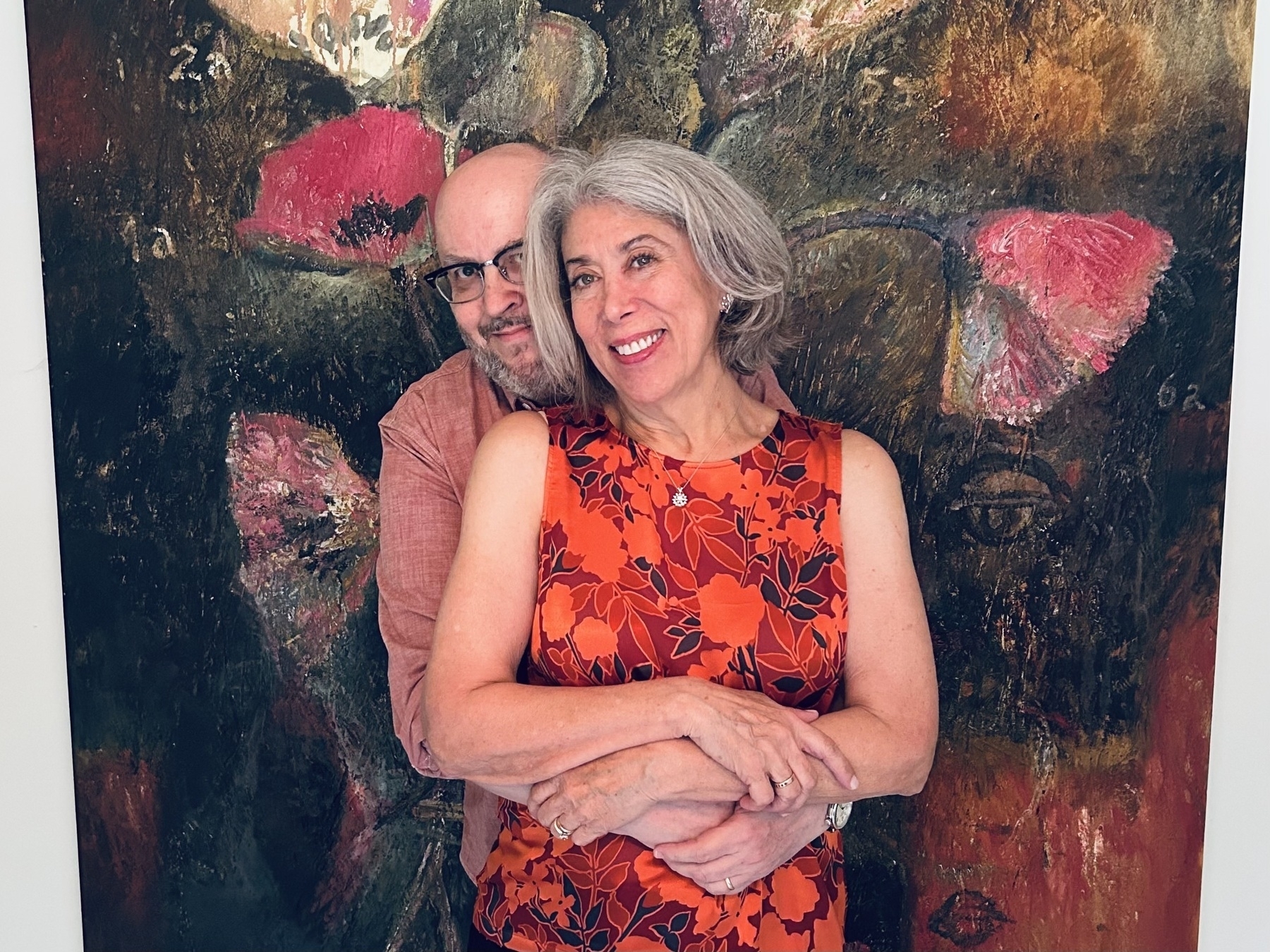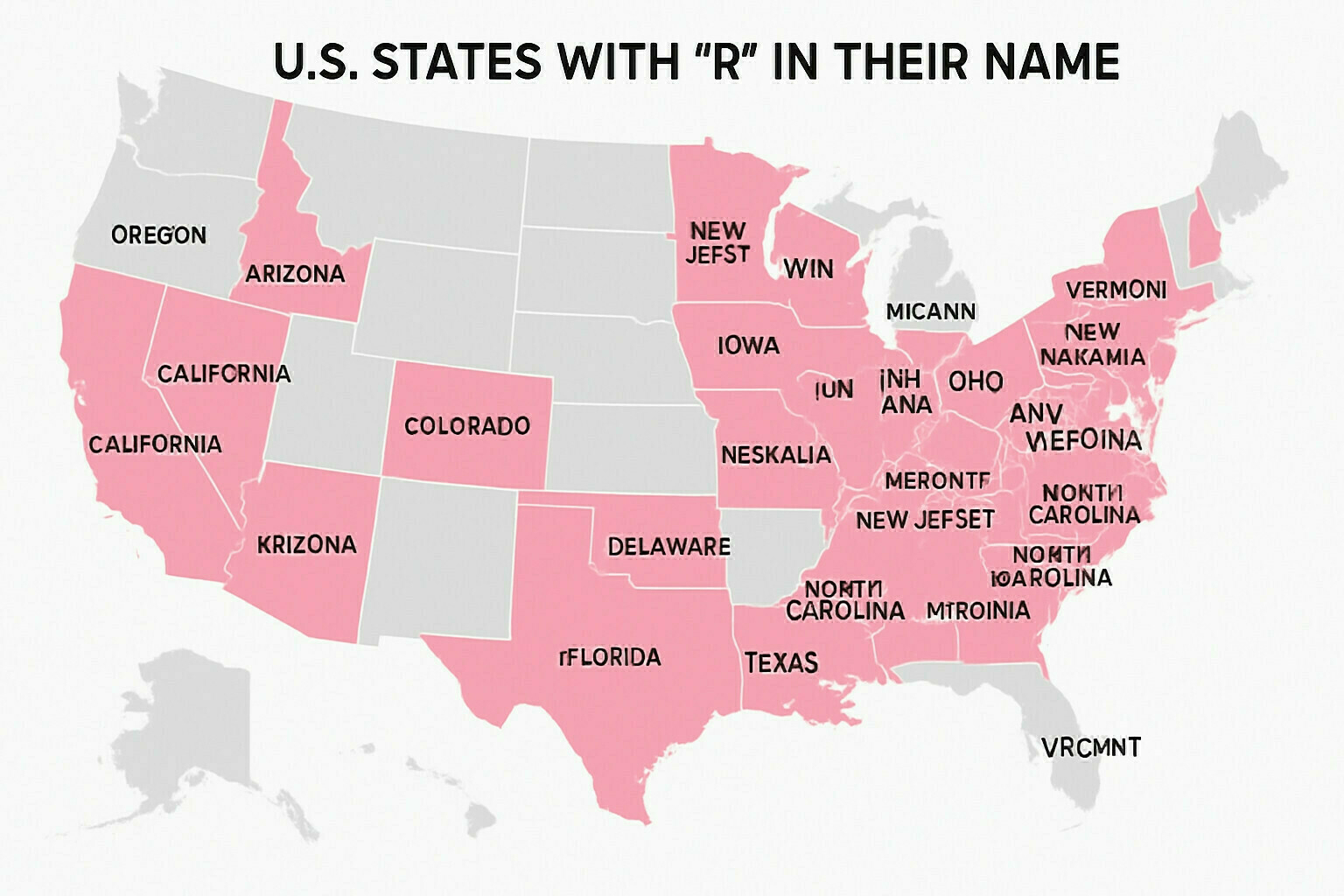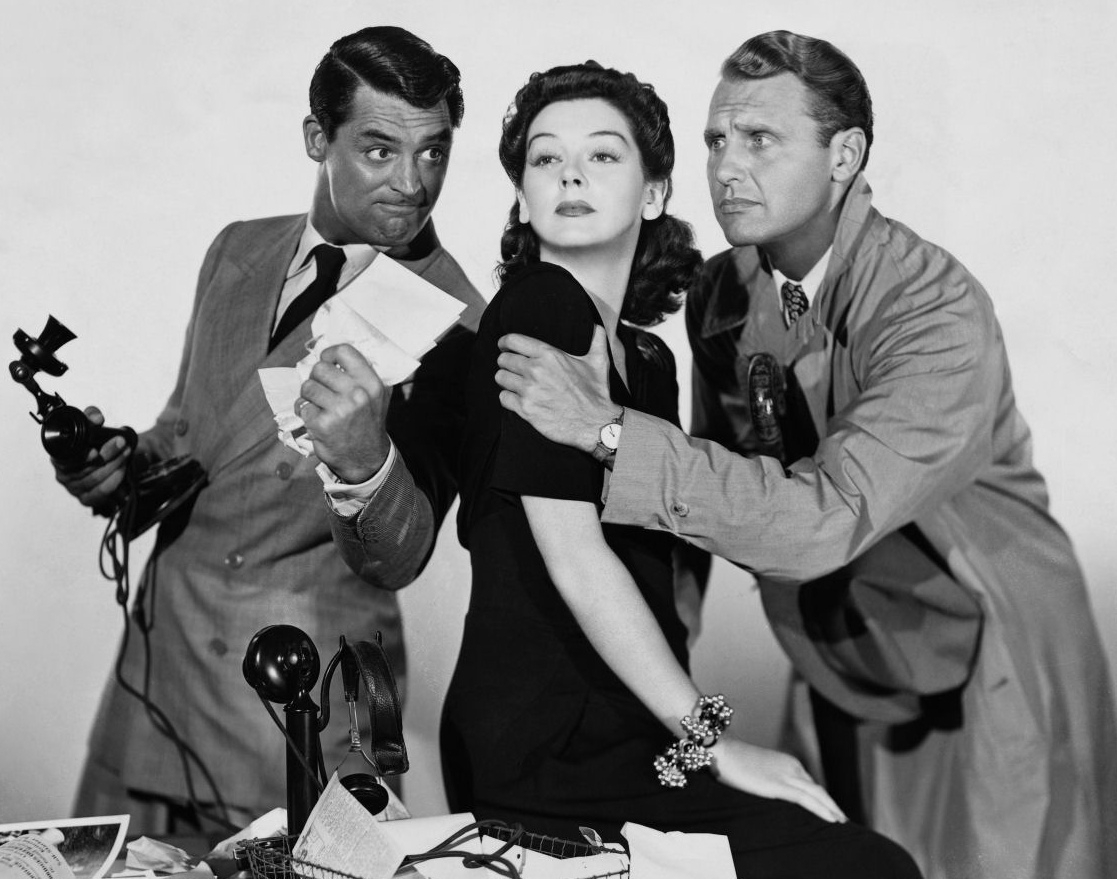Researchers from Arizona State University:
Our investigation, conducted through the controlled environment of DataAlchemy, reveals that the apparent reasoning prowess of Chain-of-Thought (CoT) is largely a brittle mirage. The findings across task, length, and format generalization experiments converge on a conclusion: CoT is not a mechanism for genuine logical inference but rather a sophisticated form of structured pattern matching, fundamentally bounded by the data distribution seen during training. When pushed even slightly beyond this distribution, its performance degrades significantly, exposing the superficial nature of the “reasoning” it produces.
I wrote about Richard Wilbur’s greatest poem and how a bit of it was (I think) inspired by his reading Dorothy L. Sayers.
2023 workflow: web search and then click through pages until you find the info
2024 workflow: Ask chatbot, copy and paste answer
2025 workflow: Ask chatbot, doubt its answer, web search and then click through pages until you find the info

Stopped reading: The Big Goodbye by Sam Wasson. It’s a very well-written book, but the people involved in the making of Chinatown — one of the truly great American movies — are so horrible that after a while I couldn’t stand to read about them any more. 📚
Matteo Wong’s Atlantic piece on ChatGPT 5 acknowledges certain small limitations of the new version, but then pivots — I’m going to be straightforward here — to an absolutely mindless press release. Wong could not do more explicit salesmanship if he were paid by OpenAI. This echoes the non-journalism about machine learn that’s been dominating the NYT tech beat for some time. They all write like they’re trying to ingratiate themselves with our new insect overlords — which I suppose they are.
Meanwhile, Kieran Healey actually used ChatGPT 5. Read his post and draw your own conclusions. The especially interesting point here is that ChatGPT has learned to sneer at anyone who points to its obvious errors.
My conclusion is this: No legacy-media journalist writes honestly and thoughtfully about the big AI companies. Not one. You have to seek the truth elsewhere.

Angus’s new photo for his LinkedIn page
The stories of Allan Dwan, one of the earliest American film directors.
Umberto Eco on the importance of editors:
Take the usually overlooked fact that the first version of a well-known poem by Philip Larkin originally went: “They do you harm, your father and mother.” It was only the insistence of Larkin’s editor that inspired the now famous variant. And the first draft of Eliot’s Waste Land opened: “April is the cruelest month. And March isn’t all that great, either.” Weakened in its impact by this peevish insistence on climactic details, the earlier text denied April any implied link with the rites of vegetation. As everyone knows, Ariosto at first submitted to his publisher a very brief poem that went: “Of women and knights, arms, loves, courtly rituals, and bold ventures I have nothing to say.” And that was that. “How about developing it a bit?” the editor suggested. And Master Ludovico, who was having enough trouble as civil governor of a remote Tuscan province, said, “What’s the use? There are dozens of epics of chivalry already. Leave it. I want to urge poets to try new genres.” And the editor replied, “Yes, of course, I understand, and, personally, I agree with you. But why not try approaching the form from another angle? With irony, for instance. Anyway, we can’t sell a onepage book, particularly one with only two verses on the page. It looks like imitation Mallarmé. It would have to be a limited, numbered edition. So unless we can get Philip Morris to sponsor it, we’re screwed.”
Introducing study mode | OpenAI:
Today we’re introducing study mode in ChatGPT — a learning experience that helps you work through problems step by step instead of just getting an answer. Starting today, it’s available to logged in users on Free, Plus, Pro, Team, with availability in ChatGPT Edu coming in the next few weeks.
So, a mode no one will ever use, then.
Anniversary night

Cal Newton’s distinction between additive and extractive technologies is fine, but Ursula Franklin made the same distinction long ago, using the terms holistic and prescriptive; ditto Ivan Illich, using the terms convivial and manipulatory. As I argue in this essay, we keep offering the same diagnoses without changing anyone’s behavior.

I married this wonderful life-giving life-preserving woman forty-five years ago today. The best thing that ever happened to me.

I remember quite vividly the day in 1974 when this showed up in the mail, a selection of the Science Fiction Book Club. It was my introduction to Le Guin and anarchism.
Humans may have also evolved a unique hardwired instinct to ask questions to inquire about the inner simulations of others. Even Kanzi and the other apes that acquired impressively sophisticated language abilities never asked even the simplest questions about others. They would request food and play but would not inquire about another’s inner mental world. Even before human children can construct grammatical sentences, they will ask others questions: “Want this?” “Hungry?” All languages use the same rising intonation when asking yes/no questions. When you hear someone speak in a language you do not understand, you can still identify when you are being asked a question. This instinct to understand how to designate a question may also be a key part of our language curriculum.



